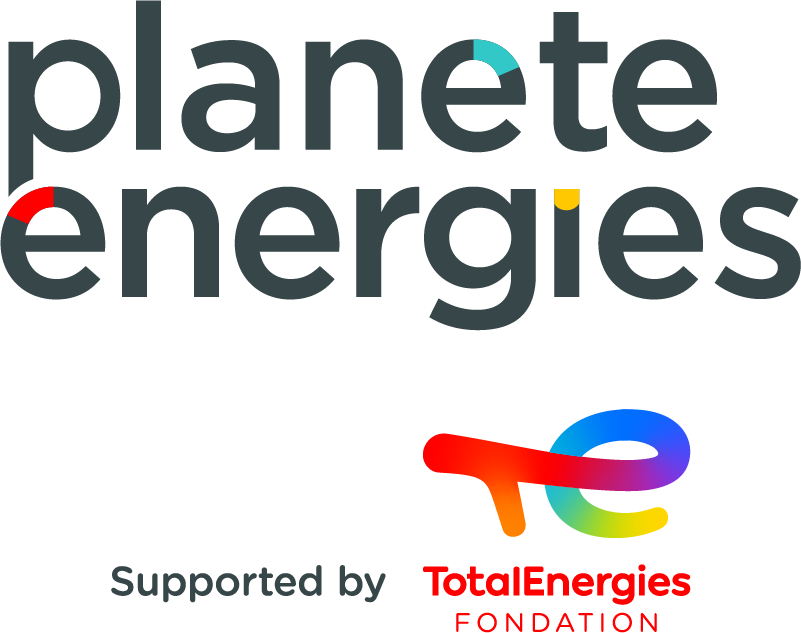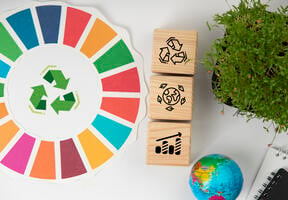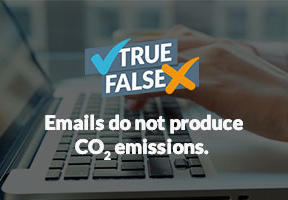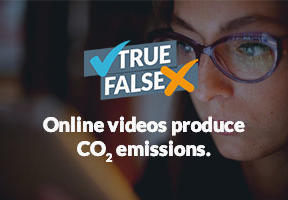Technological Breakthroughs and New Energy Uses
10 min read
An depends on a number of factors, such as the geopolitical and economic environment and the outcome of international climate negotiations. But it also relies heavily on technological breakthroughs and new energy uses, backed by changes in consumer behavior.
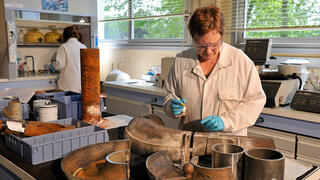
© DUFOUR MARCO - TotalEnergies - Researchers and industry work together closely. Here, a corrosion research laboratory.
The aim of an energy transition is to shift from a world that relies on fossil fuels for 80% of its to a world supported by more sustainable energy sources and more efficiently managed consumption. Achieving such an ambitious objective requires breakthroughs.
What Constitutes a Breakthrough?
A successful breakthrough is more than just an invention, however revolutionary. While it certainly involves technological advances, other critical changes are required:
- In industry, to ensure mass production.
- In public policy and in regulations, to set standards.
- In major transportation, distribution and road infrastructure to ensure the new uses work.
- In society, to ingrain new user and consumer behaviors.
It often takes ten, twenty or more years to embed these changes consistently and concurrently. The growth of the Internet is a perfect illustration. The first global networks in the 1980s were reserved for scientists and the military; the Web was opened up to the public in the 1990s; and mobile applications took off at the start of the 2010s. Throughout this process, computers and telephones had to be produced, networks of operators and regulators had to be set up and organized, telecommunications capacity had to be increased, and uses had to be adapted for the public.
A breakthrough is properly established when several technologies and innovations converge: smartphones are a product of the convergence of GPS, touch screens, software, and fiber optics, along with strong public adoption of mobile phones to meet day-to-day needs.
Breakthroughs in the World of Energy
A number of scenarios have been published for the energy sector to 2020, 2050 and 2100. They all involve technological, political, economic or social breakthroughs.
The scenarios are broadly theoretical, as a number of factors can alter their course. For example, China planned its development but is now facing the issue of its polluted cities, forcing it to reconsider its use of .
All scenarios share common points. In France, Ancre, the national energy research coordination alliance, has identified three:
- : It is central to the necessary reduction of energy consumption in transportation, construction and energy. It requires technological innovations in materials and less products and processes. Examples include high-performance construction materials, cars that can travel 100 kilometers on only two liters of fuel, and electric vehicles.
- The development of : Technological, industrial and regulatory breakthroughs must ensure costs that are comparable to other production methods.
- Energy storage and smart grids : They are a prerequisite for large-scale deployment of renewable energies, which are often intermittent, like solar and wind .
Uncertainty
The path to an energy transition can also change due to forward movement in any number of areas where advances are difficult to predict.
For example, carbon capture and storage technology would fundamentally alter scenarios by keeping fossil fuel-based systems relevant. However, the cost is prohibitive at present. It could become feasible if global or regional carbon markets drive up the price of a ton of carbon.
A wide array of R&D programs are also being carried out into technologies, but developing them on a wider scale will no doubt take several decades.
The fourth generation of nuclear reactors is being developed, but is facing significant opposition. The international ITER program is working on , but its objective will not be met until the end of the century, if then.
